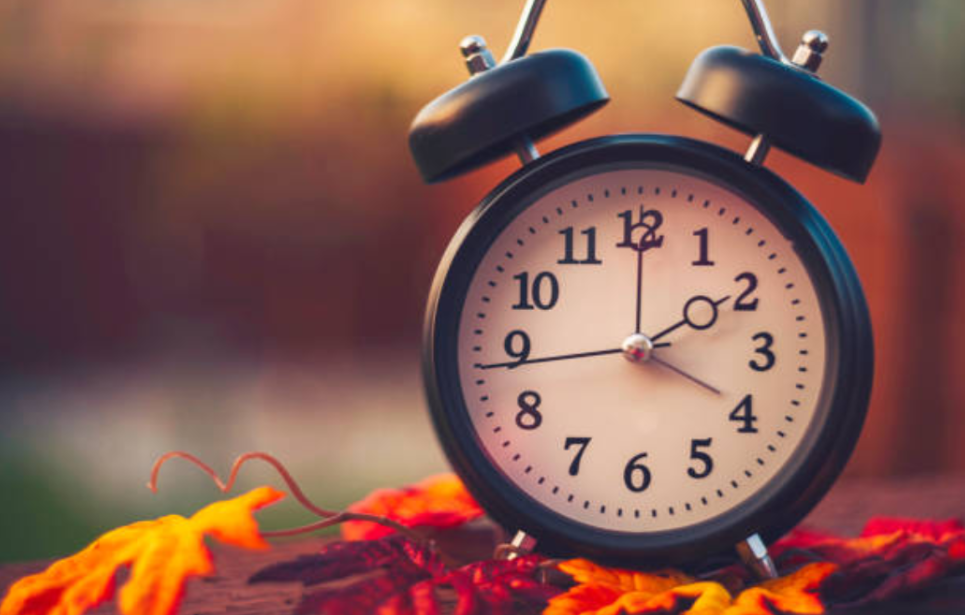Just a few days ago on November 3rd, clock owners across the country set their clocks back as daylight savings time came to an end. Each time this annual time change happens, it makes people wonder, should we keep changing the clocks every year?
The daylight savings time has been utilized in the U.S and some European countries since World War I. It was first adopted in the US in 1918 due to the war, but became unpopular after the war ended. Most people think daylight savings was made to benefit farmers but, contrary to those beliefs, it was not and most farmers were actually against it. Changing the clocks every year became a standard thing in 1966 when the Uniform Time Act was passed, creating the system that Americans utilize today where they set back the clock in November and set it forward in March. Although this has become yearly practice, some people do not like changing the clocks and think that we should stop. America was close to achieving the end of changing clocks with the Sunshine Protection Act of 2022, which would have made daylight savings time the new permanent time across the U.S. Unfortunately, the bill never passed the House, crushing the hopes of people who would like the clocks to stop changing.
Some people think that daylight savings should become the permanent time, but others think that standard time should be permanent instead. There are benefits and drawbacks to only having Daylight savings time or Standard time become permanent. Benefits for permanent daylight savings are reduction in crimes, reduction in traffic accidents, and lower energy bills. However, some drawbacks would be increased risk of health issues, sleep disruption (circadian misalignment) and poor performance at work. For standard time, some benefits include better sleep quality, bodies being more aligned with that time, and overall better productivity at work and school. A drawback though would be spending less time outdoors due to it getting dark earlier.
Many people have different opinions on whether we should stop changing the clocks or not, but for now this yearly ritual is here to stay.



















